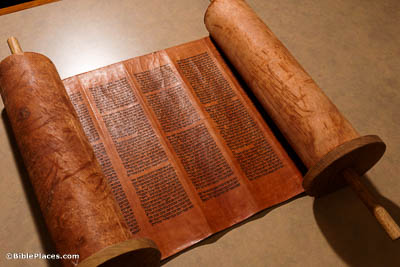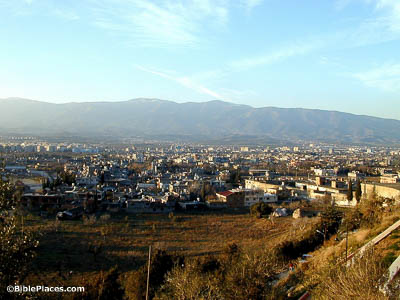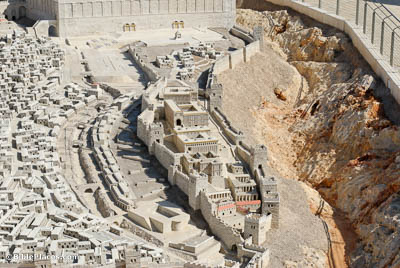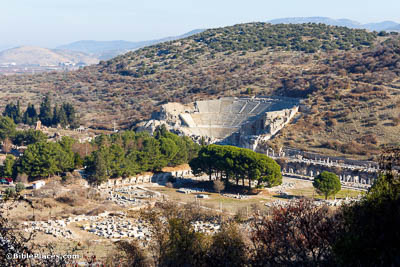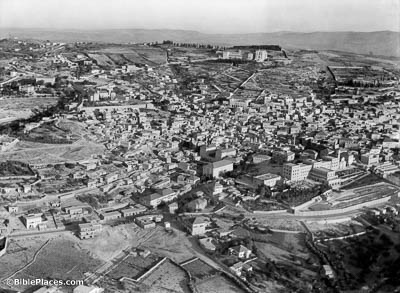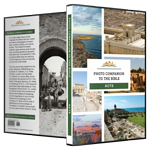It is not proper for us to neglect the word of God (Acts 6:2).
The “word of God” referred to here is what we know as the Old Testament. The apostles were committed to studying and teaching the Scriptures because they revealed God’s will and prophesied of Jesus. This Yemenite Torah scroll contains the five books of Moses, and it was photographed at The Master’s Seminary in California.
